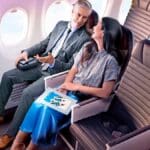
COVID-19: British Airways, Heathrow Airport and Virgin Atlantic nix masks
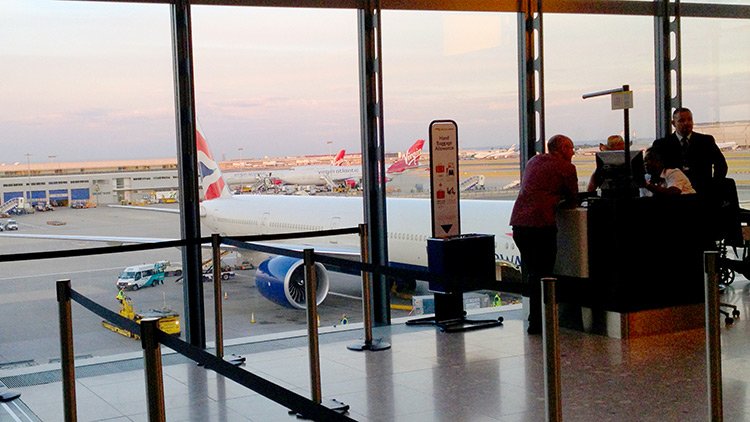
This story is being promoted as ‘normalising’ travel. I don’t know about you, but I find it a bit scary. Following the ‘British Model’ of living with COVID-19 – possibly the 2nd most incompetent policy handling of the pandemic (Bolsinaro in Brazil will always win, probably followed by Trump’s America), is not the model I would choose.
Does anyone else find this scary or is it just me?
This trend was started by another British airline Jet2, which lifted the mask mandate once Boris Johnson de-mandated mask-wearing in most situations across the UK.
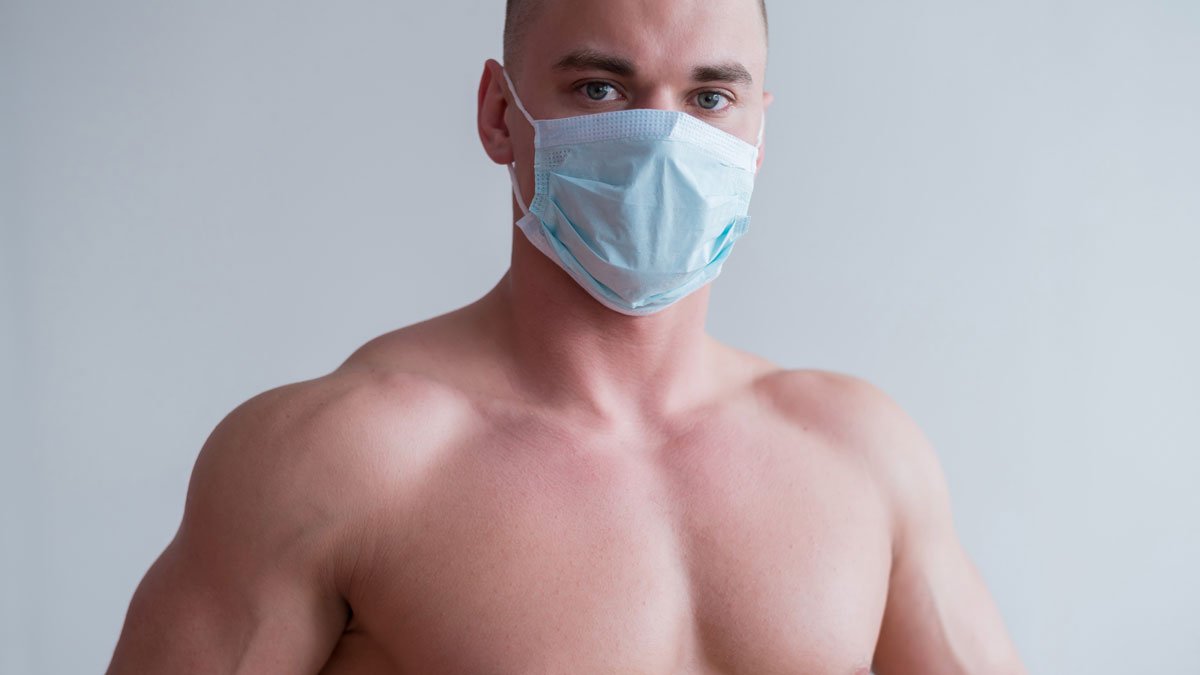
No-Mask Required
From 16 March you will no longer need to wear a mask at the Heathrow terminals, office buildings, rail stations or on flights conducted by British Airways and Virgin Atlantic – but there is a catch for the airlines. The no-mask rule only applies when the destination they are flying to also has no mask mandate. So for instance, on this basis, you will still need to wear a mask on British Airways flights that terminate in Australia, as we currently still have mask mandates for Aircraft and Airports.
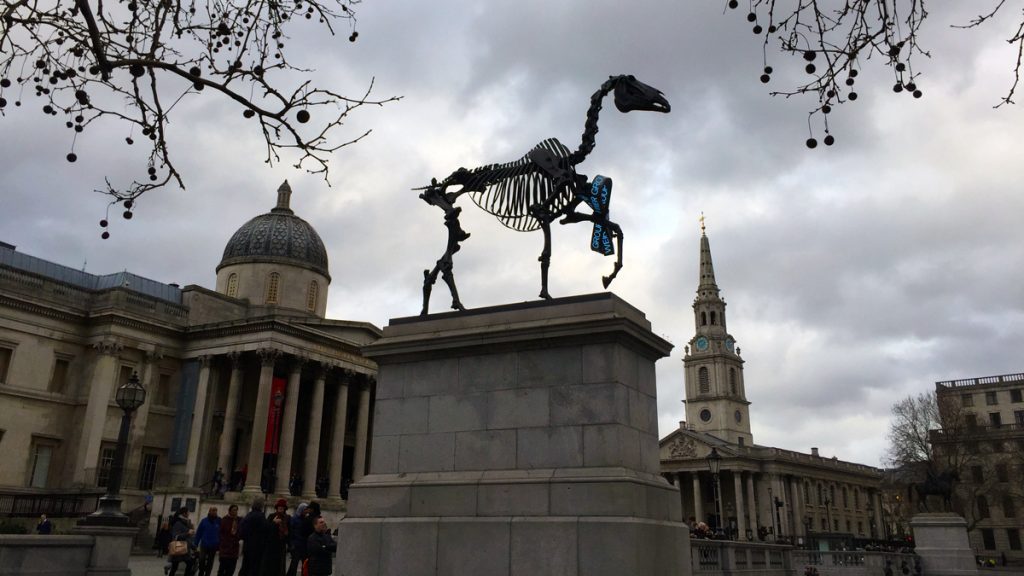
Britain to drop other travel restrictions
In a move that ignores the increased infectivity of the now prolific BA 2 strain of Omicron, the United Kingdom is dropping all pandemic related travel restrictions, which includes not only the mask mandate but also testing requirements for the unvaccinated traveller, and the ‘passenger locator’ forms for inbound arrivals
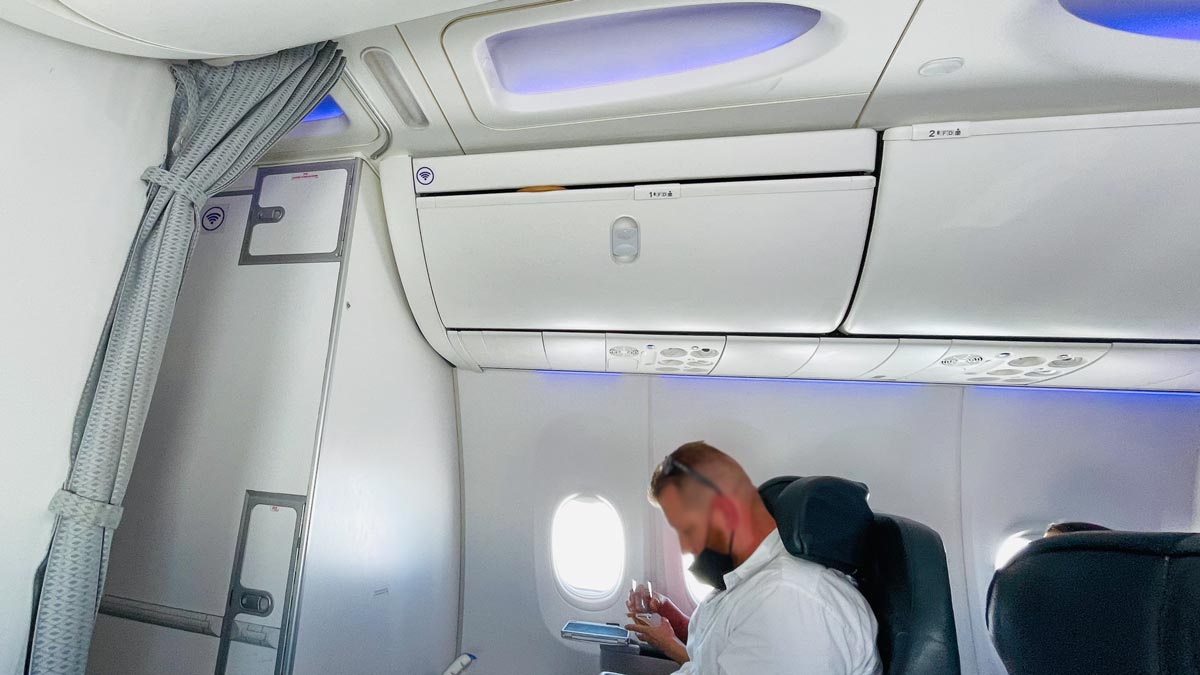
Barefaced flying
We will have to wait until Australian governments – state and federal – drop their aircraft mask mandates before we will be able to fly ‘barefaced’.
When British Airways returns to flying into Australia on 29 March, passengers will need to mask-up at some stage – probably for the leg into Australia – usually from Singapore.
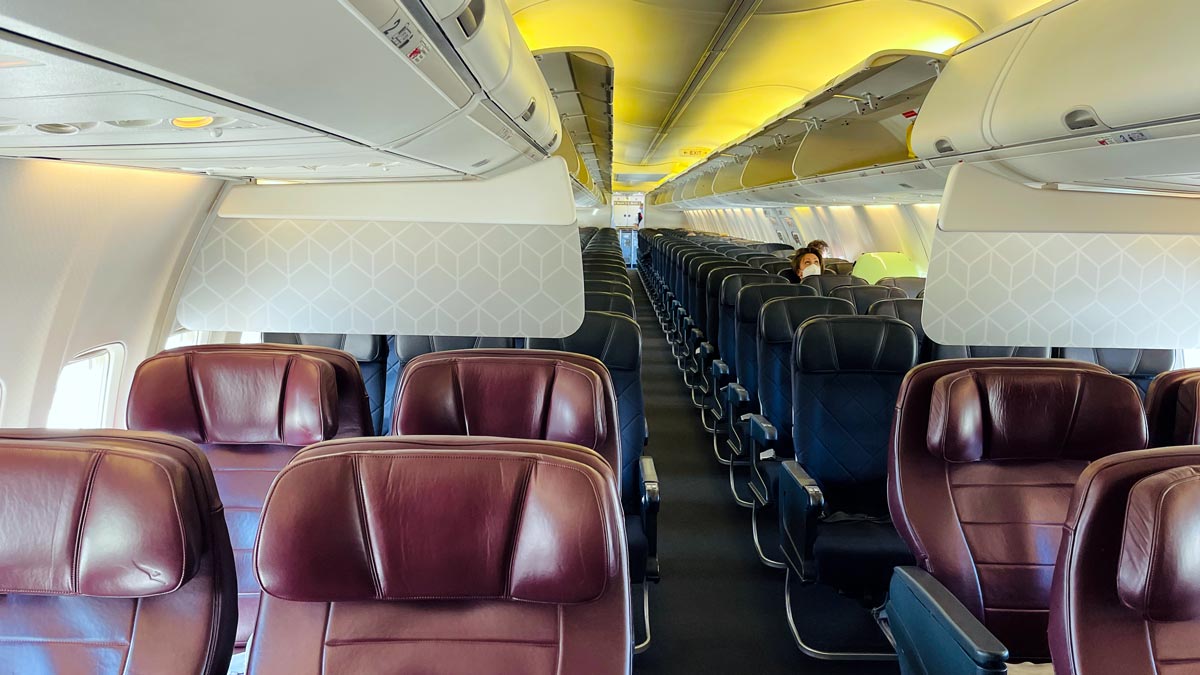
2PAXfly Takeout
This is another timely reminder to wear your seatbelt when seated. Holding you close to your seat will protect you from the sort of injuries sustained on this flight, when unsecured passengers flew to the ceiling of the aircraft, and then came crashing down once the ‘drop’ ceased.
The hope will be that this is an anomaly – a ‘freak accident’ in casual parlance. If it is a systemic error either mechanical or electronic, then this is a larger concern for the airlines that fly Boeing Dreamliner 787 aircraft. Let’s hope it isn’t. If it is, it will pile on the woes to Boeing’s existing stack.
I’ve recently taken one flight each on Qantas and Virgin Australia. On Virgin, mask-wearing was considerably lax and not enforced by staff. On Qantas, the mandate was universally observed, and I have heard on other flights, staff asking passengers to put on or adjust their masks over their noses. This seems to reflect the views of both airlines management on enforcing the government-mandated mask-wearing
To mask, or not to mask that is the question. Wearing a mask is not a huge imposition on the usual less than 3 hours domestic flight. Even for 4 hours on a trip to Fiji, it’s not a great inconvenience, I think. For long-haul, and I’m talking those 6 hours plus flights, say to Bali or Asia, not to mention those 11 or 12 hours stints on to Europe, I can see why people want to drop mask-wearing.
However, there is also some security in seeing yourself and your fellow travellers masked up. Am I alone in this, or do you draw confidence in protection from COVID-19 from the airline mask mandate?
Discuss.

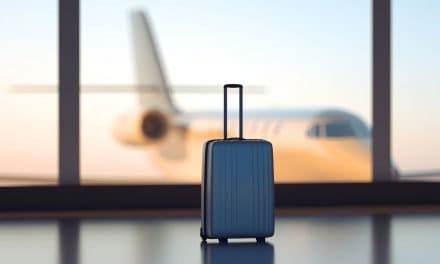
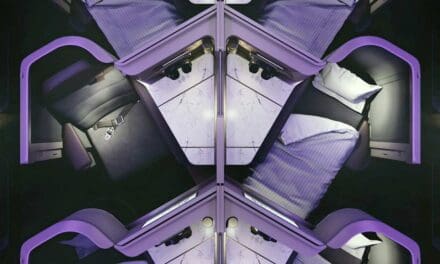
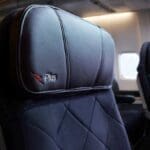
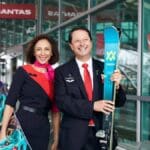
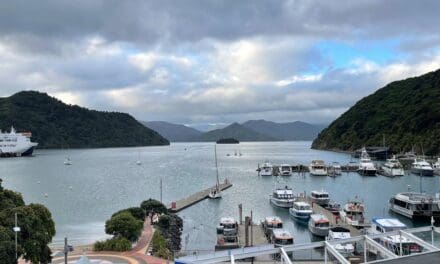


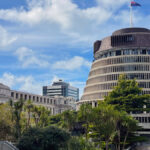
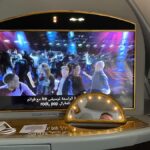

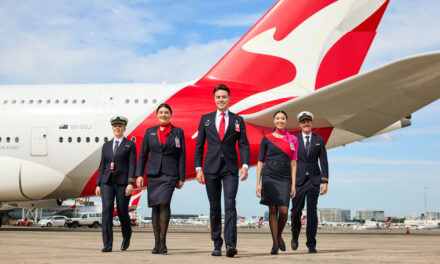
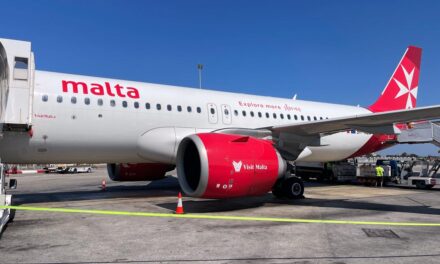

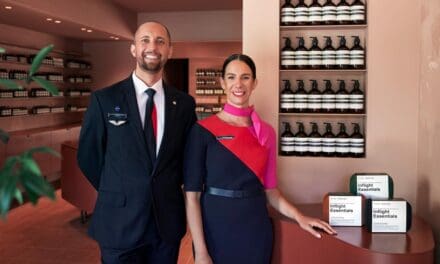
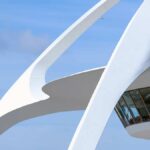

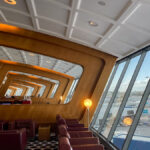
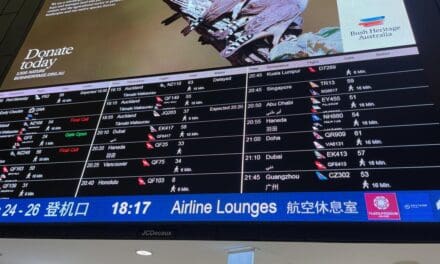
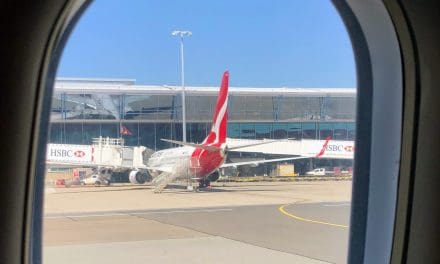
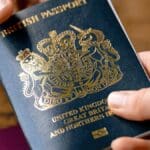
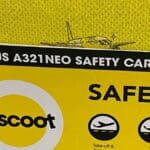
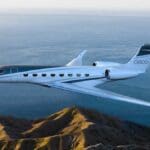

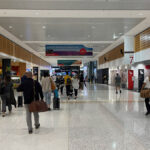

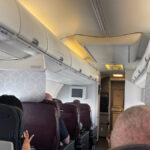
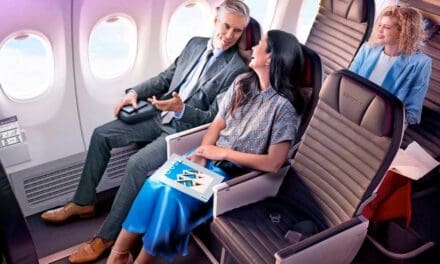
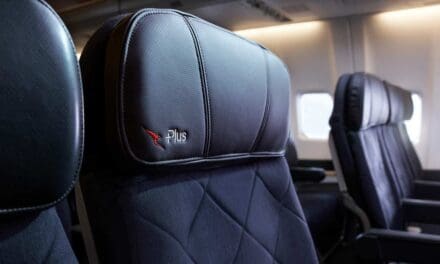

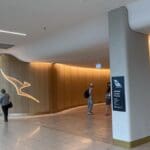
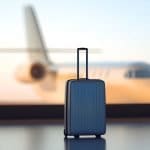
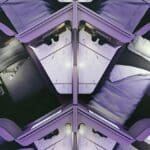

What did you say?